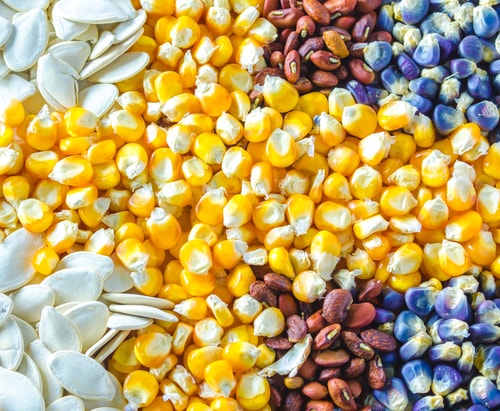It creates a disconnection between farmers who use treated seeds and those who stick to using organic products.
Organic soybeans can sell for around $25 per bushel versus $9 per bushel of conventional soybeans and organic corn can fetch around $14 per bushel instead of around $4 per bushel.
"This important study is a 'Help Wanted' message for American farmers," said Laura Batcha, OTA's CEO and Executive Director in a press release. "This report is the first of its kind, and it yields some key findings to help guide the organic and non-organic farm community, public policymakers, and all organic stakeholders in making future industry investment decisions. It shows substantial missed opportunities for the U.S. farmer by not growing organic—whether to meet the demand outside the U.S. or to keep up with the robust domestic demand for organic." The United States is still the top producer of soybeans and corn globally, but the import numbers are high.
In 2014, corn imported from Romania skyrocketed to $11.6 million from only $545,000 in 2013. Soybean imports from India reached close to $74 million.
Organic food sales in 2014 were valued near $36 billion – an 11% increase from 2013 and representative of about 5% of total grocery sales in the United States.
Join the conversation and tell us your thoughts about these findings. Do you currently use organic products? If not, is it something you’ll think about going forward?

Corn seeds